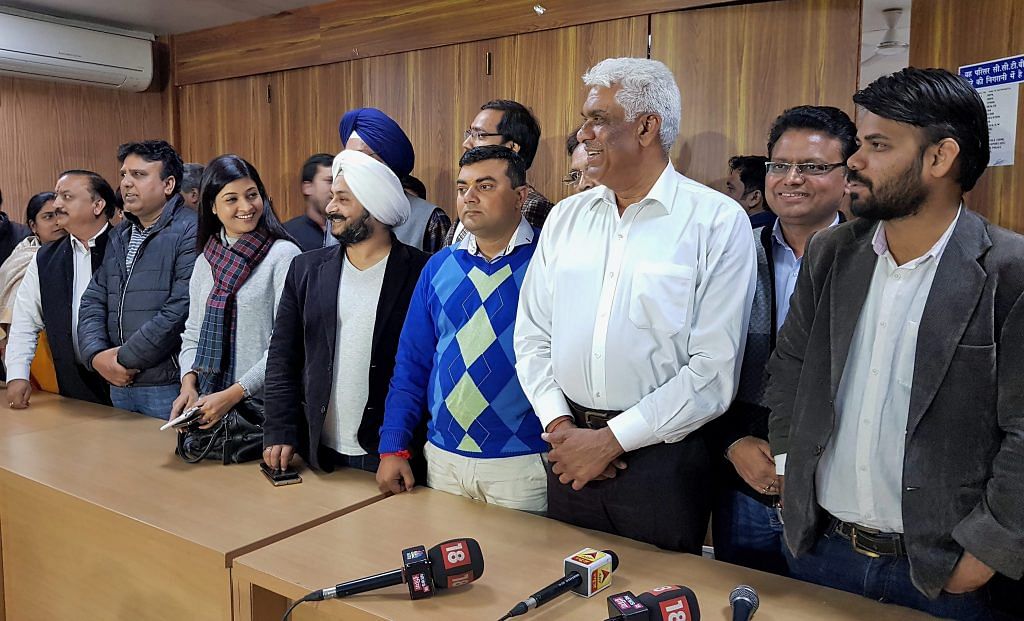Delhi High Court sets aside Election Commission’s decision to disqualify 20 MLAs of the ruling Aam Aadmi Party in Delhi for holding an office of profit.
New Delhi: The Delhi High Court Friday overturned the decision of the Election Commission to disqualify 20 MLAs of the ruling Aam Aadmi Party for holding an office of profit.
The case relates to chief minister Arvind Kejriwal appointing these MLAs as parliamentary secretaries in 2015.
It may be recalled here that it was an ‘office of profit’ controversy in 2006 that forced then Congress president Sonia Gandhi to resign as chairperson of the National Advisory Council as well as from the Lok Sabha and seek re-election.
A unique case
The AAP case is unique — never before has the EC considered the disqualification of 20 MLAs in one go. That is also the reason why it took record time for the EC to decide on the matter. Rounds of hearings have been held since December 2016, with a battery of lawyers arguing the case.
It all started in March 2015, when AAP national convener Arvind Kejriwal appointed 21 AAP MLAs as parliamentary secretaries.
Article 191 of the Constitution clearly states that an MLA may be disqualified if found to “hold any office of profit under the government of India or the government of any state other than an office declared by the legislature of the state by law not to disqualify its holder”.
The Delhi MLA (Removal of Disqualification) Act, 1997 does not include the post of parliamentary secretary as an “exempted” post, but the AAP argued it did not qualify as an office of profit, as there was no monetary benefit attached to it.
Sources said the feeling in the EC was that the party was quite aware that this decision was not on solid legal footing, and thus, it went about making several efforts to protect it, including amendments to the law, which did not come to fruition.
Various state legislatures have made laws removing various posts from the ‘offices of profit’ definition. Following suit, in June 2015, the Kejriwal government passed an amendment in the Delhi assembly to the 1997 Act, to exempt the post of parliamentary secretary from the definition of ‘office of profit’.
AAP’s efforts, however, received a jolt when then President Pranab Mukherjee, in June 2016, declined to approve this amendment. Further, the Delhi High Court set aside the Kejriwal government’s order appointing the 21 MLAs as parliamentary secretaries.
